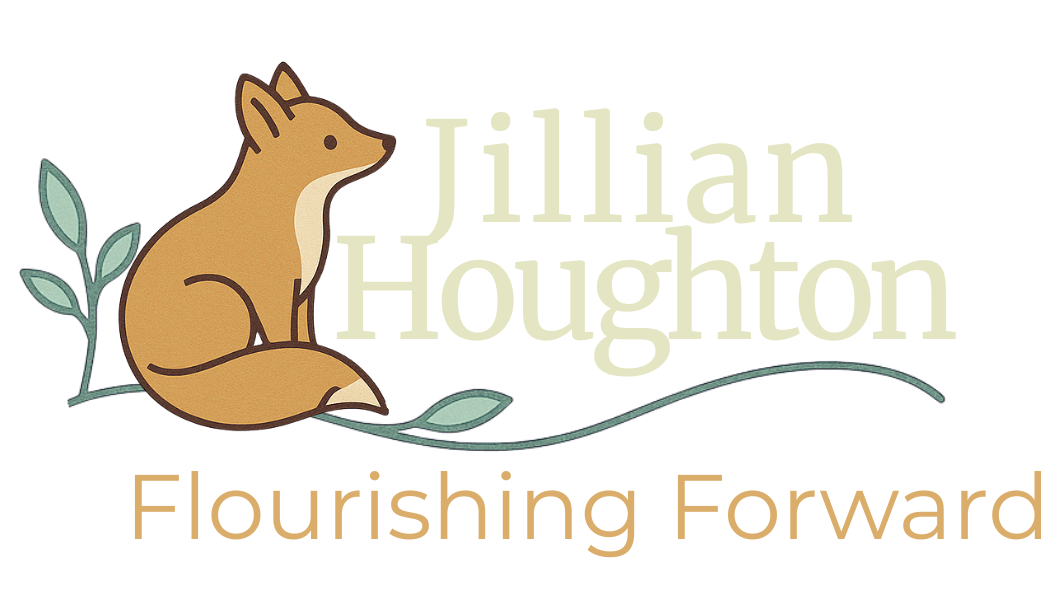My Journey from Cult Survivor to Spiritual Recovery Coach: Pulling Apart the Things That Once Held Me Together
I grew up in the high-control system of military life—where obedience, sacrifice, and compliance were deeply embedded values. As a military child, I learned early on to follow orders, stay adaptable, and repress my own needs in service of a greater mission. So when I encountered the militaristic evangelical culture of Teen Mania, I didn’t question it. It felt familiar. It felt like home.
I joined the Honor Academy and gave everything to it—my time, my energy, my voice. When I eventually left to pursue ministry, the pattern continued. I experienced trauma in the name of self-sacrifice, and spiritual disconnection disguised as discipline. But I didn’t yet have the words for what I was living through. I only knew how it felt—llike something sacred was demanding my constant attention, consideration, and investigation. Every word, intention, action, and intuition was filtered through an external rubric. I was left proving my worth through silence, service, and spiritual performance.
After betrayal from within the system, I went in search of healing through answers about what it means to be human in what I called a “sinful world” then. I set out on the path of becoming a therapist. I left one cult only to find myself immersed in another high-control system during my undergraduate years at Liberty University. I continued into high-control academia for my master’s at Virginia Tech, eventually landing in the softer, but still restrictive, world of evangelical therapy and ministry leadership. The packaging presented as being in service of healing—but the control was still there.
For over a decade, I practiced therapy rooted in compassion and truth. How I did so with my background truly is a miracle and sometimes I still wonder about the unintended harm I did by not knowing my own high control blindspots. Client after client told stories that challenged the theological foundation I had been handed. Stories that made it harder to believe in the idea of inherent brokenness. Stories that revealed something deeper, something more whole.
Then 2020 came, and with it, a collective reckoning. I started to see how fear was used to shape behavior. How spiritual bypassing disconnected people from their intuition. How religious messaging moralized self-denial and disembodiment.
So I began to pull apart the things that had once held me together. Slowly, I started to live in alignment with my own embodied life.
I specialized my therapy practice in religious trauma recovery, and what I found was this: naming the pain is only part of the healing. True healing requires reconnection—with your body, your intuition, your sense of safety, community, and your capacity to choose for yourself.
_______________
That’s when I stepped into coaching—not as a replacement for therapy, but as an expansion of the work. My therapy practice gave me the tools to name and treat religious trauma. But coaching allows me to walk with people as they build something new.
It’s where the focus shifts from surviving to flourishing—from understanding what happened to living in a way that’s aligned, embodied, and self-led. Coaching gives space for reinvention, curiosity, and growth that isn’t confined to a diagnosis or limited to healing the wound.
Because recovering from high-control systems isn’t just about what you leave behind. It’s about who you get to become next.
